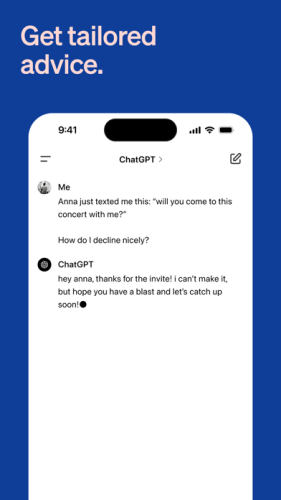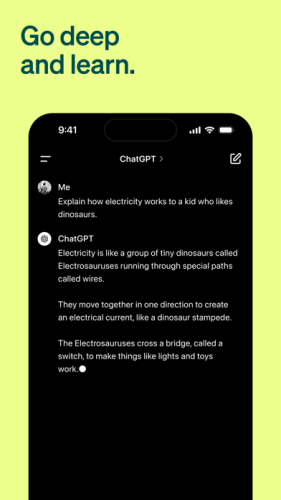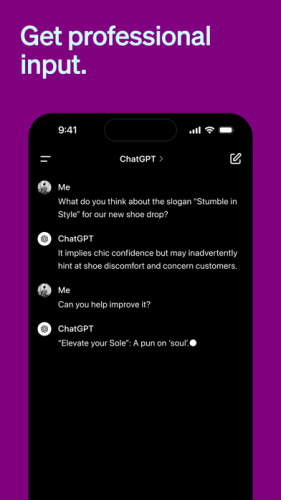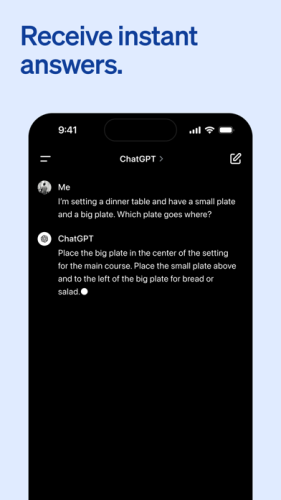In the ever-evolving landscape of technology, the rise of artificial intelligence (AI) chatbots has marked a significant milestone, with ChatGPT leading the charge. Developed by OpenAI, ChatGPT has quickly become a household name, promising to revolutionize how we interact with machines. The ChatGPT app's proficiency in mimicking human conversa...
Best Apps Like ChatGPT







ChatGPT
In the ever-evolving landscape of technology, the rise of artificial intelligence (AI) chatbots has marked a significant milestone, with ChatGPT leading the charge. Developed by OpenAI, ChatGPT has quickly become a household name, promising to revolutionize how we interact with machines. The ChatGPT app's proficiency in mimicking human conversation has captivated a global audience, showcasing the potential of AI in transforming how we communicate. This review explores the app's features, effectiveness, and user experience, offering an insightful analysis of its role in the evolving landscape of digital interaction.
Exploring ChatGPT's Capabilities and Limitations
A Leap into Advanced Conversational AI
ChatGPT stands out for its sophisticated natural language processing abilities, allowing it to engage in conversations that feel remarkably human. From answering complex questions to writing creative content, its versatility is impressive. The app's foundation on the GPT-3.5 model, with options for upgrading to the more advanced GPT-4, showcases OpenAI's commitment to pushing the boundaries of what AI can achieve in understanding and generating human language.
Navigating the Weak Sides
Despite its groundbreaking capabilities, ChatGPT is not without its flaws. A key critique is its lack of web browsing capabilities or the means to fetch current data, confining its answers to the information available until its last update in 2021. This constraint often leads to outdated or incorrect information, which can be a significant drawback for users seeking current facts and figures.
Moreover, the app's lack of source citation poses a challenge to its credibility, as users have no way to verify the accuracy of the information provided. This omission underlines the importance of cross-referencing ChatGPT's responses with reliable sources, especially in contexts requiring up-to-date or factually accurate information.
Another point of contention is the app's approach to data privacy. The collection and use of conversational data to train the model raise concerns about the potential for sensitive information to be inadvertently shared and utilized without explicit user consent. This aspect of ChatGPT underscores the need for users to be cautious about the information they share during interactions with the app.
Weighing User Impressions and Looking Ahead
Despite its constraints, ChatGPT has been well-received by users, who are intrigued by its capacity to replicate human dialogue and offer support on various subjects. Its utility as a brainstorming tool, writing assistant, and coding helper has been particularly praised, highlighting the app's value in both personal and professional contexts.
However, users also express concerns about the app's information accuracy, source transparency, and data privacy practices. These matters highlight the importance of ongoing enhancements and ethical considerations in the advancement of AI technologies.
As ChatGPT progresses, it exemplifies the capacity of AI to revolutionize our online conversations. Through continuous improvements and a focus on overcoming its limitations, ChatGPT is poised to not just meet, but surpass user demands, heralding an era where AI-facilitated dialogue becomes a fundamental aspect of our everyday interactions.




